
Radiotherapy treatments for Hodgkin lymphoma may raise the risk of certain breast cancer subtypes, a study of data on women survivors from the Surveillance, Epidemiology, and End Results (SEER) registries revealed.
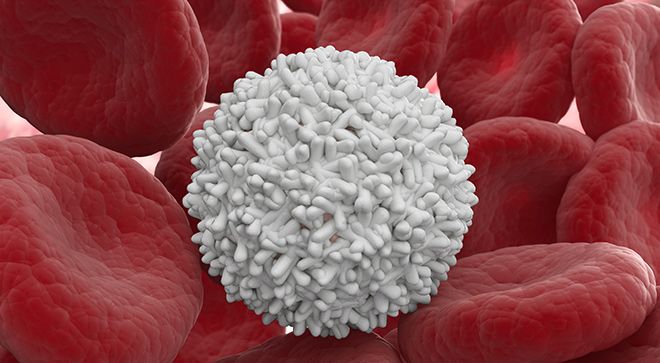

Radiotherapy treatments for Hodgkin lymphoma may raise the risk of certain breast cancer subtypes, a study of data on women survivors from the Surveillance, Epidemiology, and End Results (SEER) registries revealed.

Many adolescent and young adult (AYA) survivors of cancer end up "lost to follow-up," according to recent research. Nurses charged with patient education should take heed, and be sure to stress the importance of follow-up care to their AYA patients and their families.

Agios Pharmaceuticals announced that the FDA has granted a priority review designation to its targeted therapy, ivosidenib (AG-120), for the treatment of patients with relapsed/refractory IDH1-mutant acute myeloid leukemia (AML).

Exercise plays an important role in lymphoma survivorship, a recent study shows.

Daratumumab (Darzalex) in combination with bortezomib (Velcade), melphalan, and prednisone (VMP), has been granted a priority review designation by the FDA for patients with newly diagnosed multiple myeloma who are ineligible for autologous stem cell transplant.
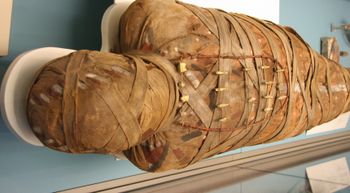
The oldest known cases of multiple myeloma and breast cancer have been discovered in two Egyptian mummies which were found in the pharaonic necropolis of Qubbet el-Hawa in Aswan, Egypt.
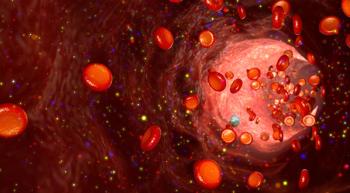
Impressive overall survival (OS) data from the phase III ENDEAVOR trial inspired the FDA to approve a supplemental new drug application to add it to the label for carfilzomib (Kyprolis) for use in patients with relapsed or refractory multiple myeloma.

A supplemental biologics license application for the CAR T-cell therapy tisagenlecleucel (Kymriah) has been granted a priority review by the FDA for use in adult patients with relapsed/refractory diffuse large B-cell lymphoma (DLBCL) who are ineligible for or relapse after autologous stem cell transplant.

The FDA approved a new first-line treatment combination for patients with newly diagnosed low-risk acute promyelocytic leukemia (APL).

Carfilzomib, commonly used to treat patients with multiple myeloma, may lead to an increased risk of cardiovascular events.

Denosumab (Xgeva), a RANK ligand inhibitor, has been approved by the FDA for the prevention of skeletal-related events (SREs) in patients with multiple myeloma.

The duo of lenalidomide (Revlimid) and rituximab (Rituxan) is a combination that is feasible, safe and active as initial and maintenance therapy for use in patients with mantle cell lymphoma, according to a new study.

Seattle Genetics announced that a supplemental biologics license application for brentuximab vedotin (Adcetris) used in combination with Adriamycin, vinblastine, and dacarbazine as a frontline treatment for advanced classical Hodgkin lymphoma has been granted a priority review by the FDA.

Based on findings from the phase III BFORE trial, the FDA has approved Bosutinib as a first-line treatment for a chronic myeloid leukemia subtype.
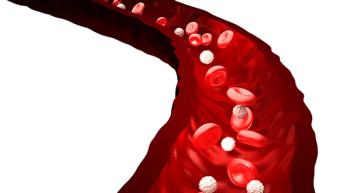
Using oral rivaroxaban (Xarelto) to treat patients with cancer reduced venous thromboembolism (VTE) recurrence in a select-d trial.

New trial results represent the first successful effort in more than 30 years to imrove outcomes of first-line treatment in patients with advanced Hodgkin lymphoma (HL).

A novel approach to the treatment of patients with smoldering multiple myeloma (SMM) produced durable results in a phase II trial.

Results of a phase I trial presented showed that the agent BLU-285 (Avapritinib) agent was well tolerated among patients with an advanced or aggressive form of systemic mastocytosis (ASM), a rare blood disorder that originates in mast cells.
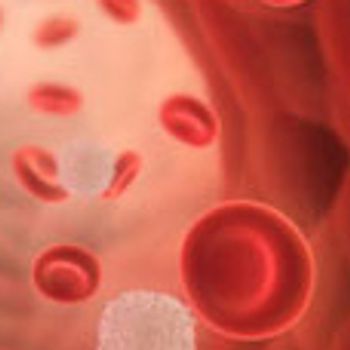
The FDA has granted a priority review to a biologics license application (BLA) for mogamulizumab for the treatment of patients with cutaneous T-cell lymphoma (CTCL) who have received at least 1 prior systemic therapy, according to Kyowa Hakko Kirin, the manufacturer of the anti-CCR4 monoclonal antibody.

The FDA has approved obinutuzumab (Gazyva) in combination with chemotherapy, followed by obinutuzumab alone, for the first-line treatment of patients with advanced follicular lymphoma, according to Genentech, the manufacturer of the therapy.
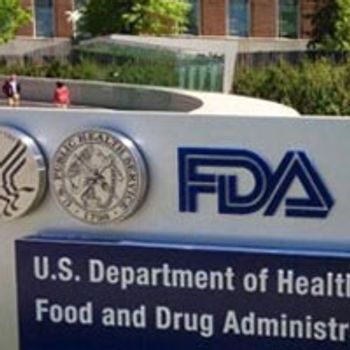
Dasatinib (Sprycel) has been approved by the FDA to treat pediatric patients with Philadelphia chromosome-positive (Ph+) chronic myeloid leukemia (CML) in chronic phase (CP).

The FDA has approved brentuximab vedotin (Adcetris) as a treatment for patients with cutaneous T-cell lymphoma (CTCL) who have received prior systemic therapy, according to Seattle Genetics, which codevelops the antibody-drug conjugate with Takeda.

The FDA has approved letermovir (Prevymis) to prevent cytomegalovirus (CMV) infection in adult CMV-seropositive patients treated with an allogeneic hematopoietic stem cell transplant (HSCT), based on a significant reduction in CMV infection rates in a phase III study.

The FDA has approved the BRAF inhibitor vemurafenib (Zelboraf) as a treatment for patients with BRAFV600-mutated Erdheim-Chester disease (ECD), representing the first approved therapy for this rare blood disorder.

The FDA has granted an accelerated approval to acalabrutinib (Calquence) as a treatment for adult patients with mantle cell lymphoma (MCL) following at least 1 prior therapy, based on objective response rates (ORR) in a single-arm trial.